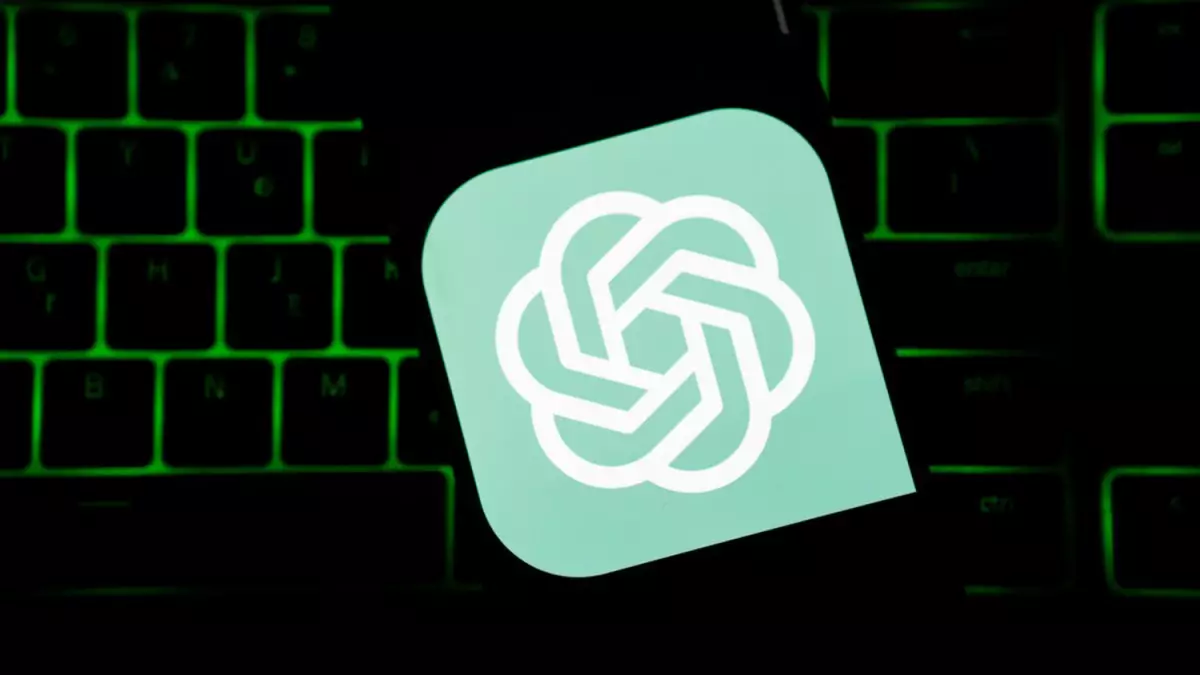On Thursday, OpenAI faced significant disruption when its services, including ChatGPT and Sora, were down for over four hours. Beginning at 11 a.m. PT, the outage raised concerns among users who rely on these tools for various applications from casual conversation to complex problem-solving. As reported, the services began to gradually resume functionality by 3:16 p.m. PT, but not without leaving a trail of frustrated users and speculation around the root causes.
OpenAI indicated that the outage was linked to complications stemming from an upstream provider, though specifics were scarce. This ambiguity often undermines user confidence and highlights a growing need for transparency from service providers. Users who tested the platforms during this period frequently encountered error messages that essentially rendered the tools non-functional. By 2:05 p.m. PT, partial recovery was achieved, although concerns about chat history not loading remained. The slow restoration of service is notable, especially considering that major disruptions typically resolve within a shorter time frame.
Interestingly, this incident marks the second significant service interruption within December alone. The first outage, occurring two weeks prior, was attributed to issues with a new telemetry service—a factor that emphasizes the complexities involved in maintaining robust software infrastructures. OpenAI’s previous handling of the incident set expectations for future occurrences, which likely did not materialize during this latest complication. Frequent users might have had deja vu as they faced similar challenges yet again, leading to discussions about the reliability of OpenAI’s offerings.
While OpenAI struggled with its systems, many other popular applications utilizing its API, such as Perplexity and Siri’s Apple Intelligence, remained operational without apparent disruption. This situation illustrates the interconnectedness of services and the varying resilience of dependent platforms against outages. Users of OpenAI’s more popular products may have felt a sense of isolation, as their primary tools faltered while others powered through unaffected. This fragmentation during an outage can create a ripple effect on user trust, encouraging a reevaluation of their reliance on a single provider.
As OpenAI works towards a comprehensive resolution of these recurrent issues, it faces the dual challenge of maintaining user satisfaction while reinforcing the integrity of its technical frameworks. The trust users place in AI tools is contingent upon the consistent availability and performance of these services. Clear communication about the causes of disruptions, combined with a proactive approach to reliability, will be crucial in sustaining a loyal user base. Moving forward, OpenAI must prioritize not just innovation and functionality, but also stability and transparency to ensure its growth in an increasingly competitive landscape.

